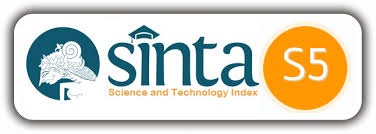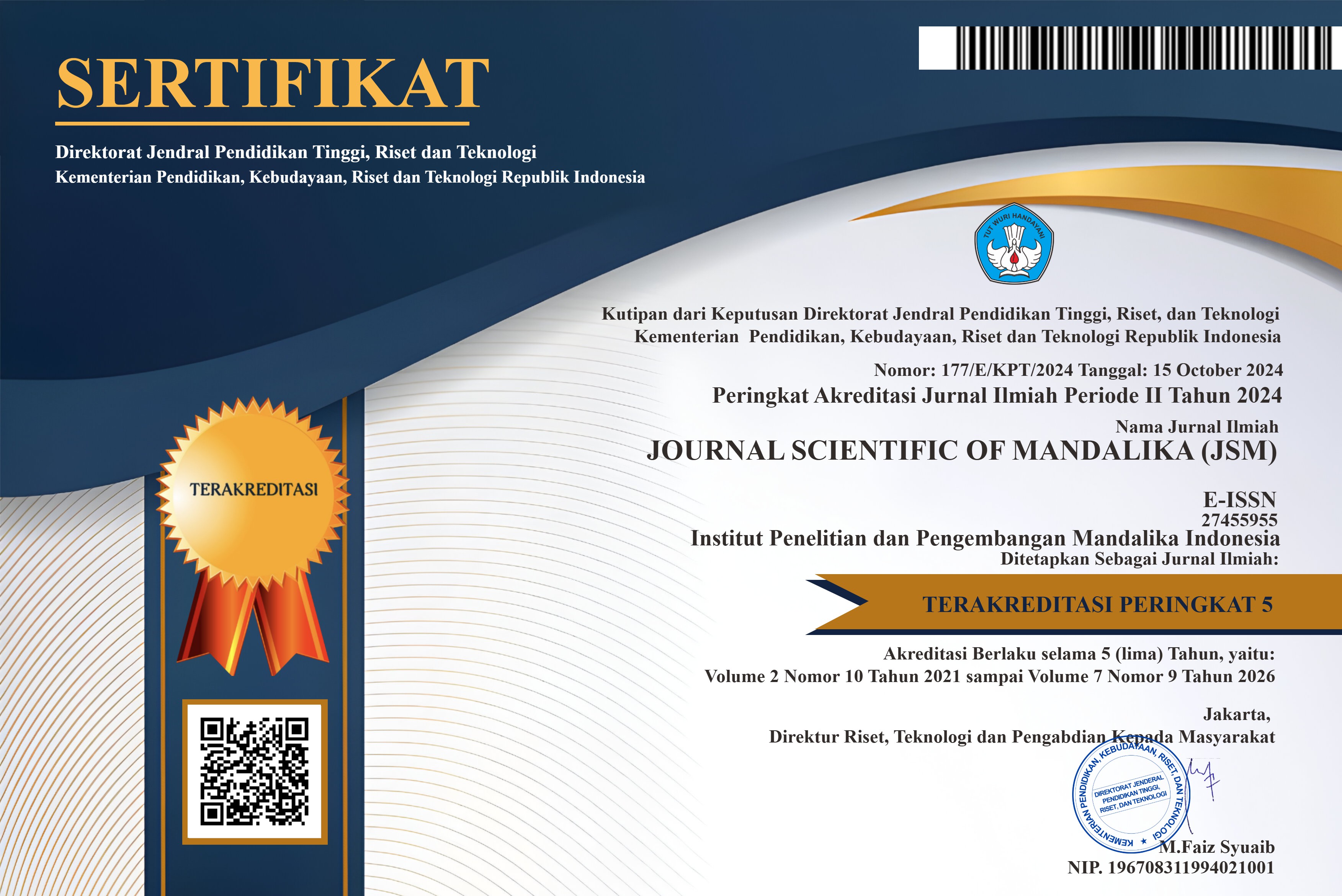Analisis Kebijakan Pendidikan Islam di Sudan
Abstract
A country's concern for education is highly dependent on the progress of a country. then a country's indifference to education lies in the education of its decline or backwardness. In historical experience, no country has been able to achieve true progress except by improving education. Education is the key to the progress of a nation. There is no developed country that is not supported by strong education. Education must be made a field of excellence if it is to become a strong, advanced and internationally respected country. This is also the case with Sudan. The research method in this research is library research through collecting data from books and articles related to the Analysis of Islamic Education Policy in Sudan. The method of analysis used is descriptive analysis. Sudan is a Muslim-majority country that has often experienced several wars and conflicts, so that this country has lagged behind in various fields, including economic, social, political, especially in the field of education. Politically, this country has a different experience from other Muslim countries. Sudan, which was originally one country, is now divided into two countries, namely North Sudan and South Sudan. In the field of education, the country is experiencing a crisis that hinders education for most of these children. Schools across the country are often closed due to fighting and threats of violence, and hundreds of schools and other civilian assets are looted and destroyed. The language of instruction used at all levels is Arabic. In the field of formal education, the country has many renowned universities that are tens or even hundreds of years old. These universities include Khartoum University, Omdurman Islamic University, el-Nilein University, Khartoum International Arabic Language Institute, Al-Quran al-Karim University and the youngest, Africa International University. In the field of non-formal education, many scientific assemblies use the talaqqi system through masyakh. To finance education, apart from being obtained from state money, it is also obtained from the policy of the waqf system with the management of waqf called the Islamic Waqf Board which has been given broad authority to regulate and carry out all tasks related to waqf which greatly helps the process of waqf and the implementation of education in this country.
Copyright (c) 2024 Anjar Mahmudin Nst, Helmiati, M. Nazir

This work is licensed under a Creative Commons Attribution-ShareAlike 4.0 International License.















